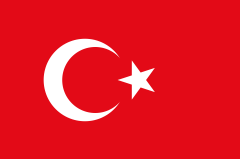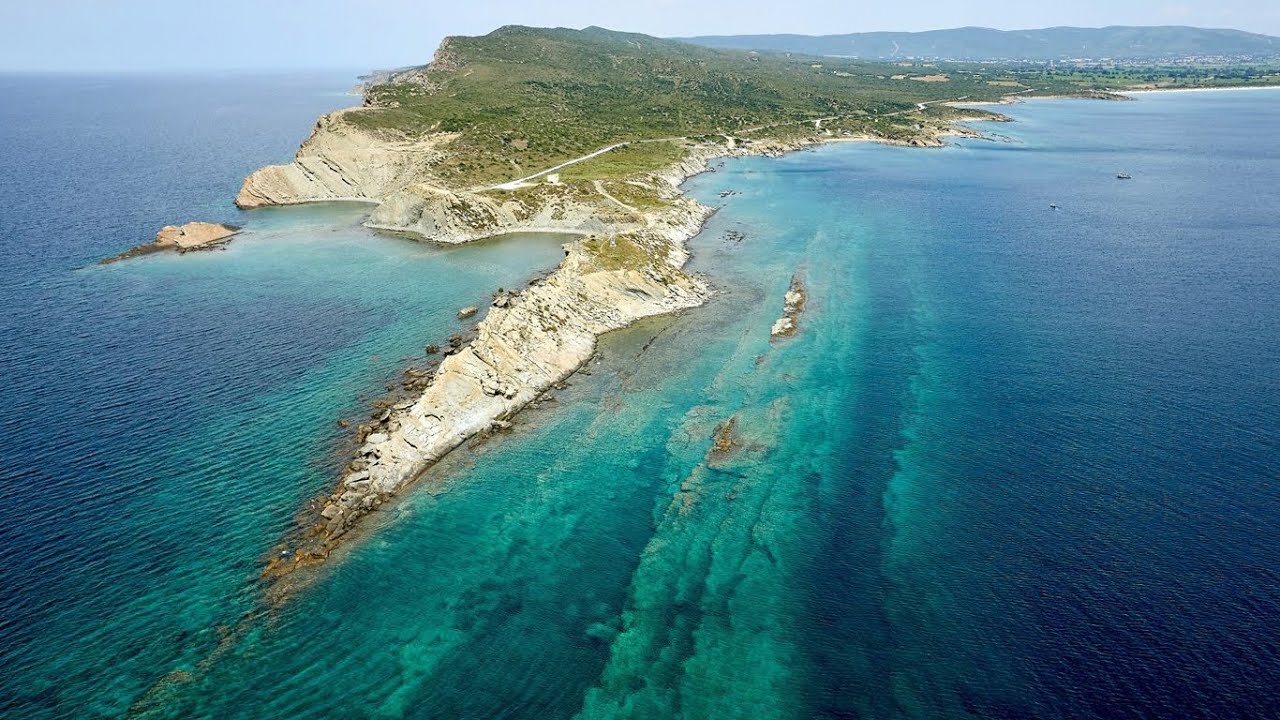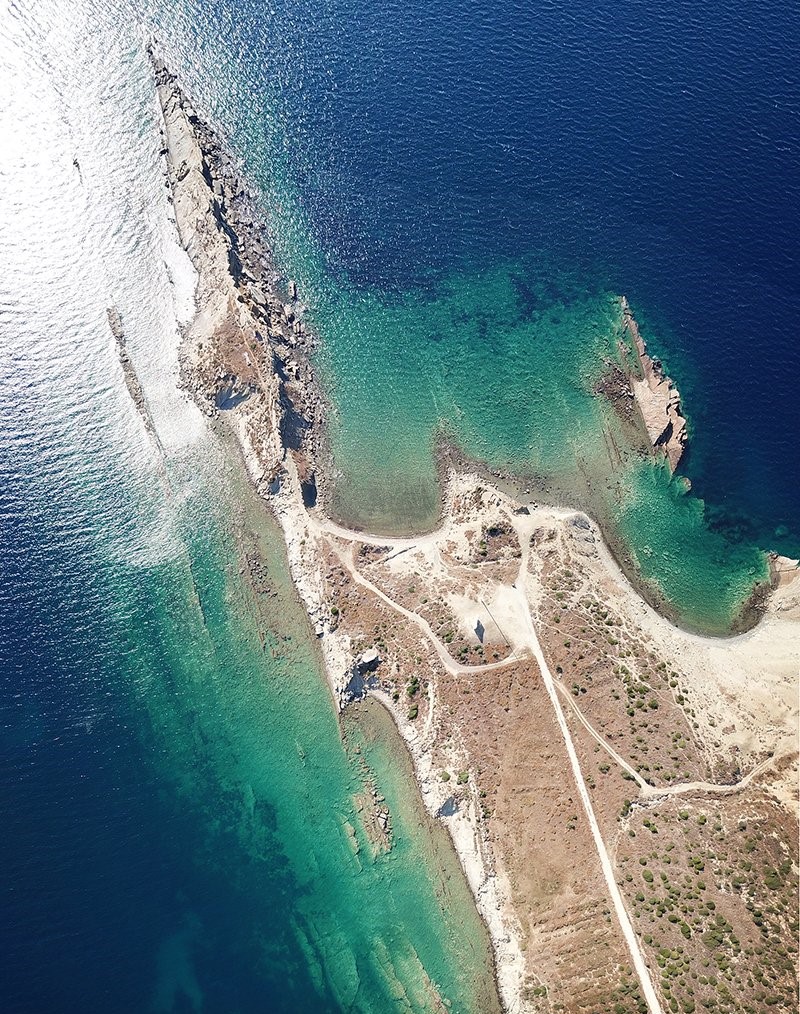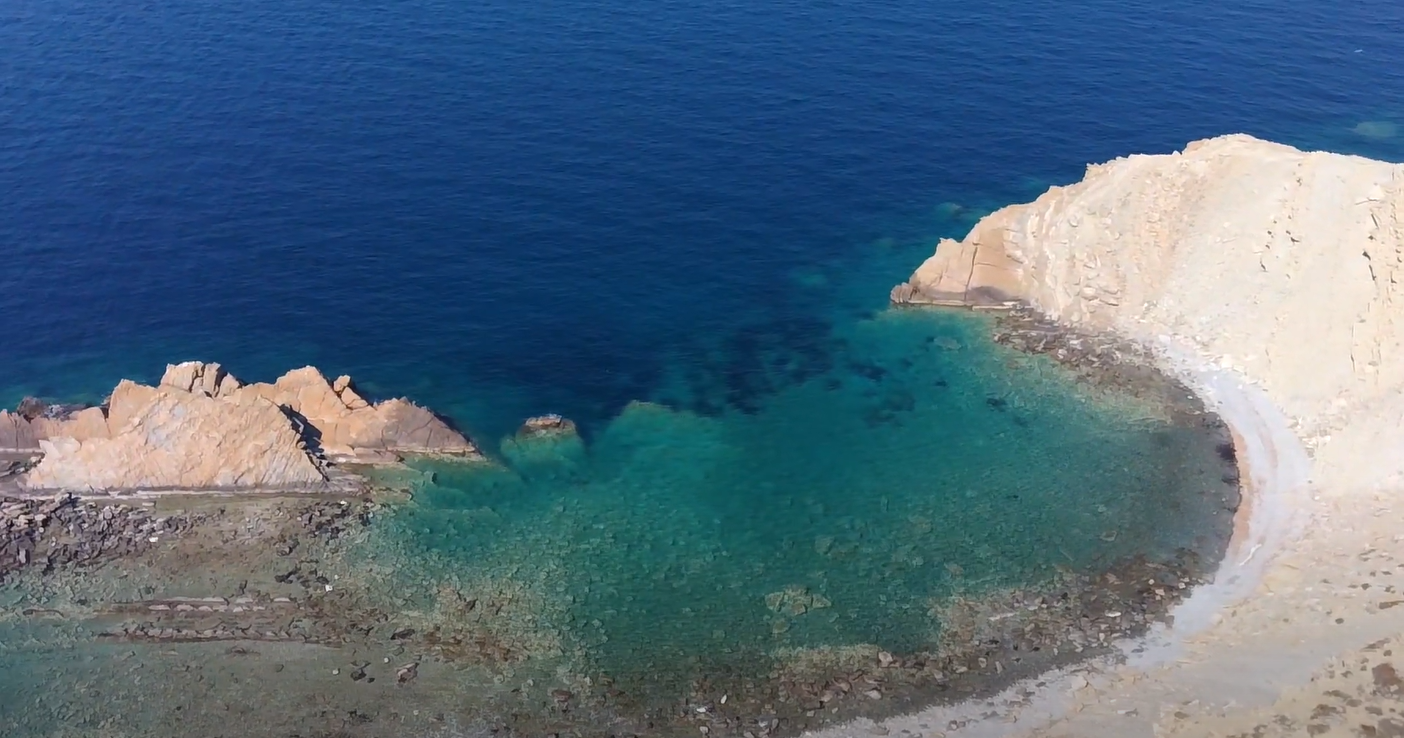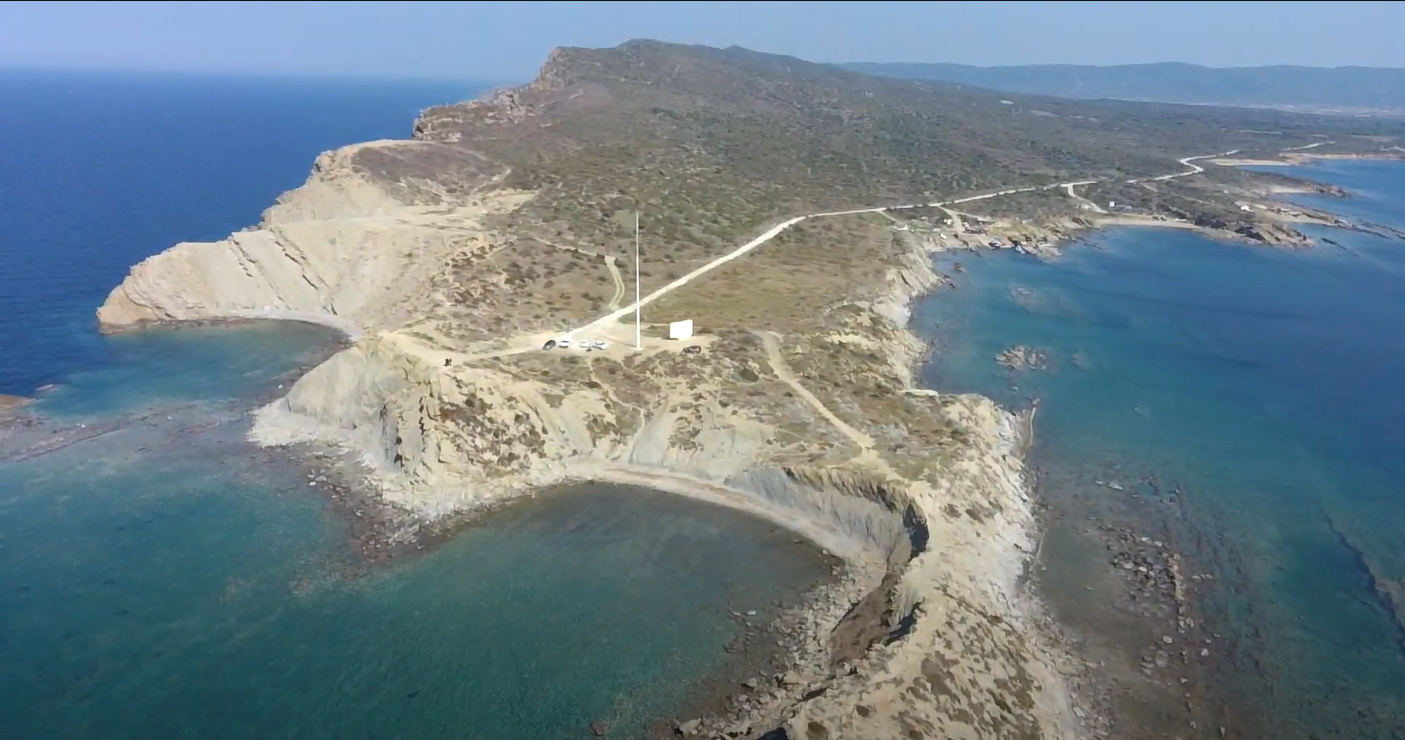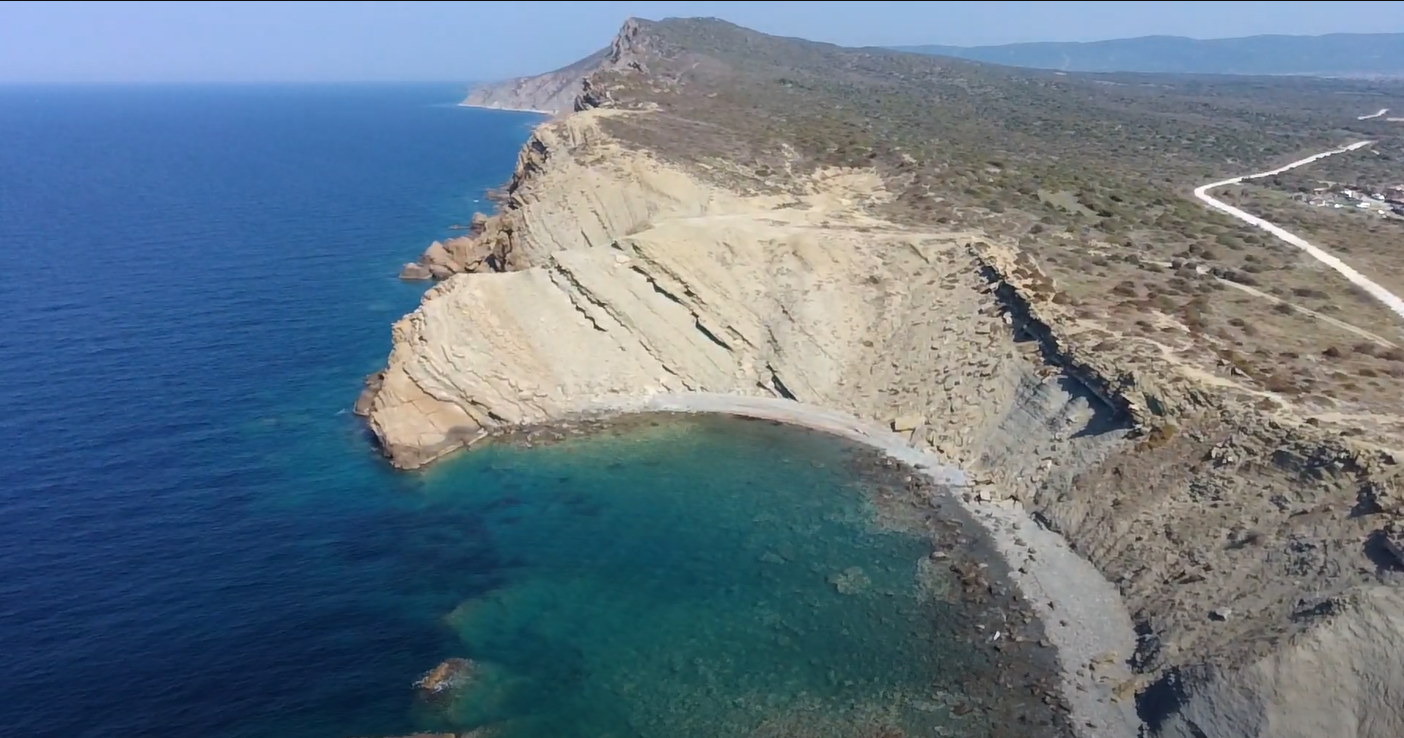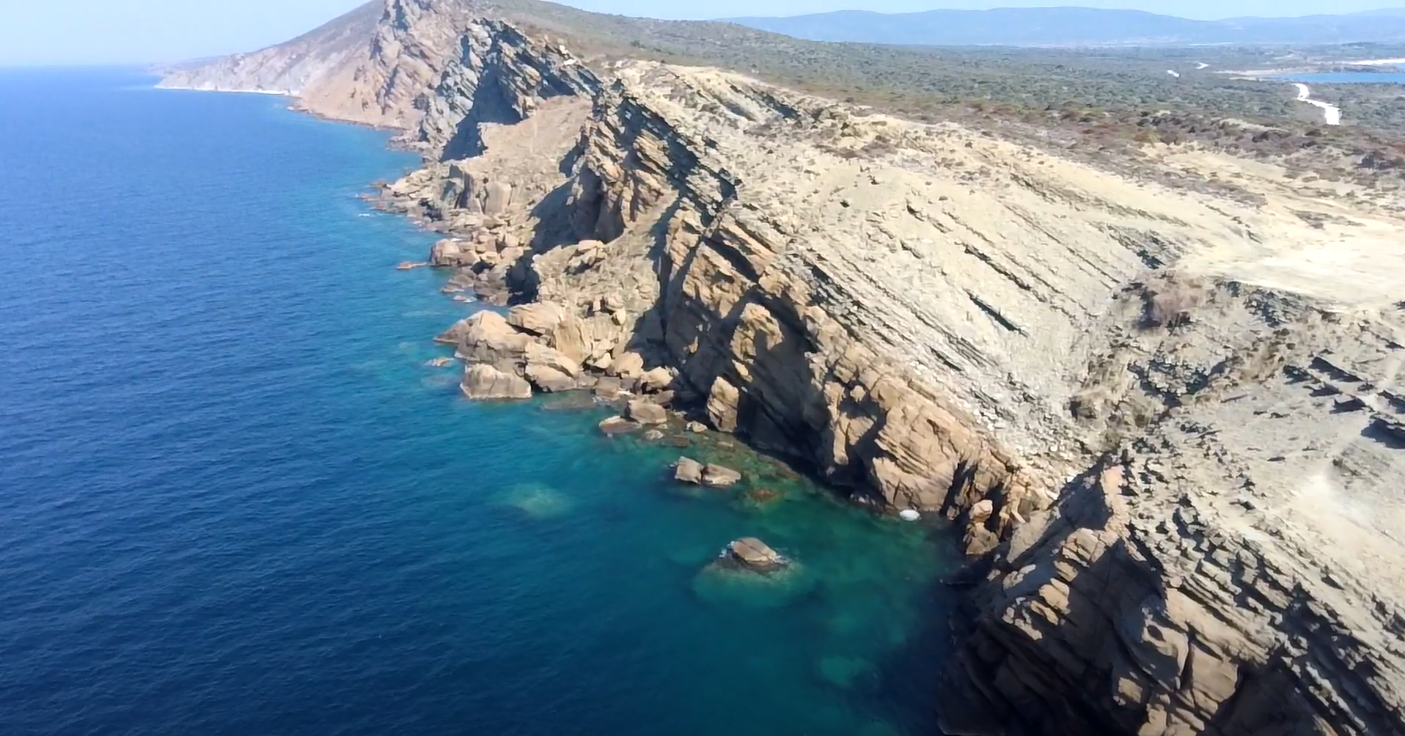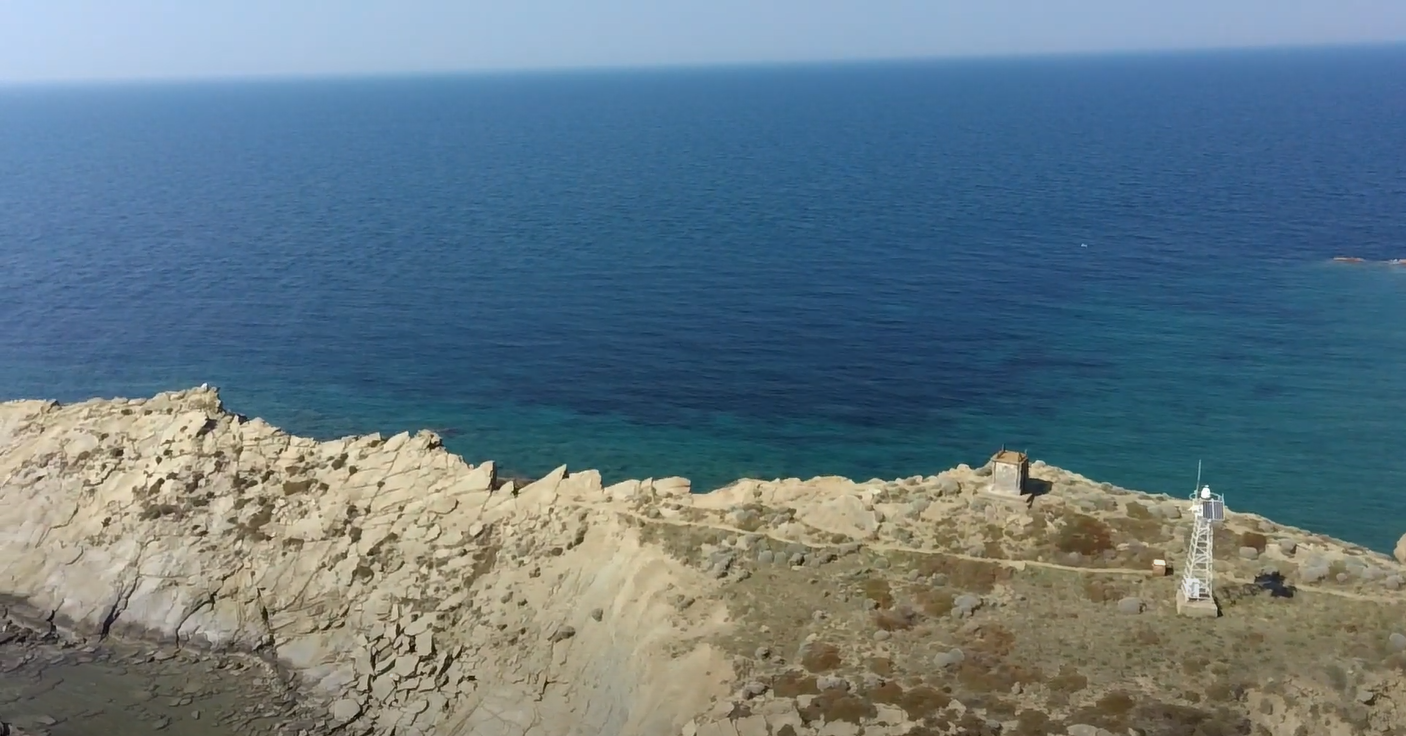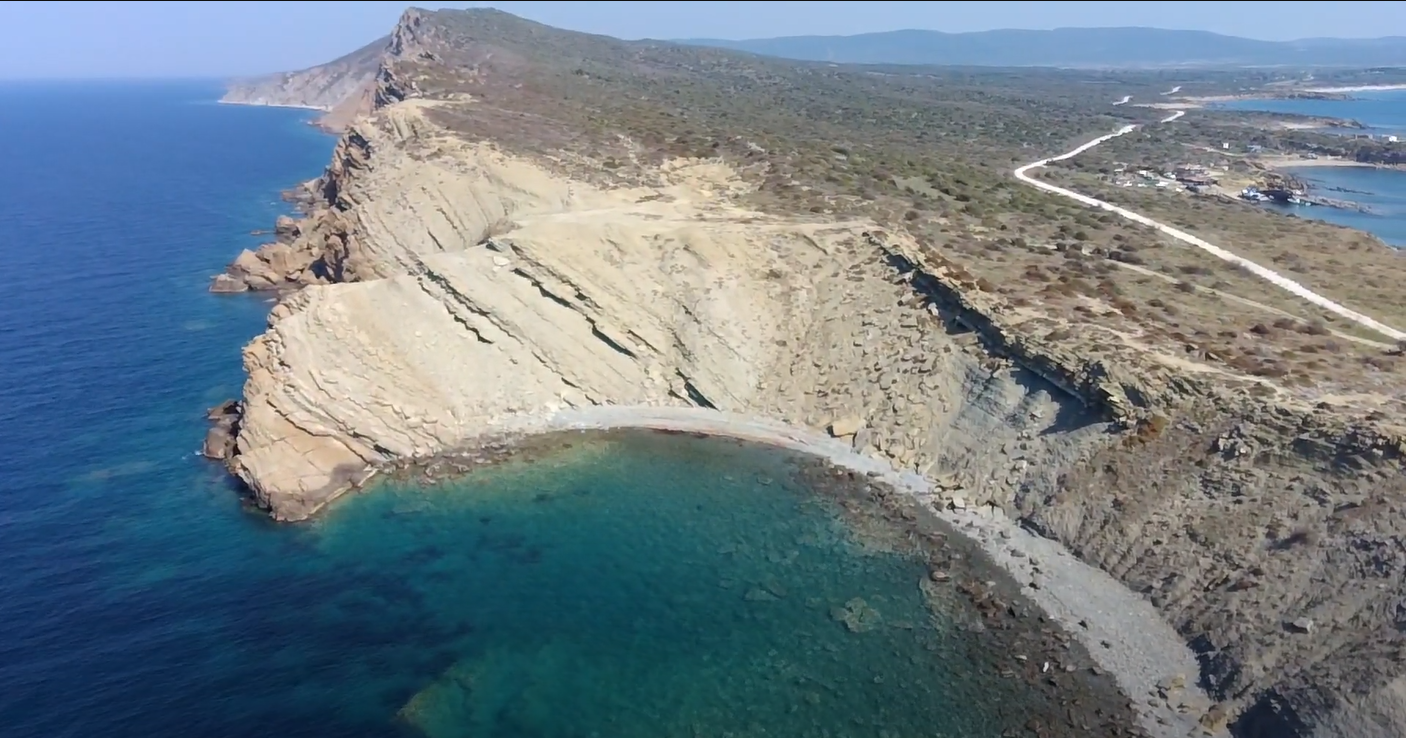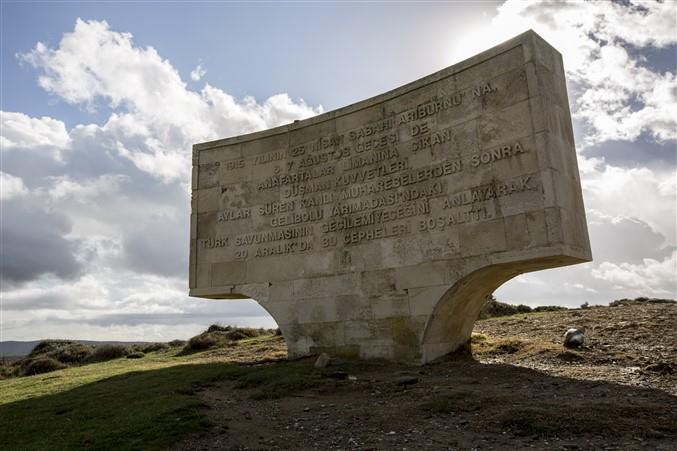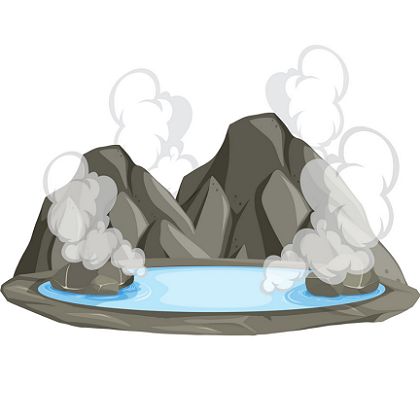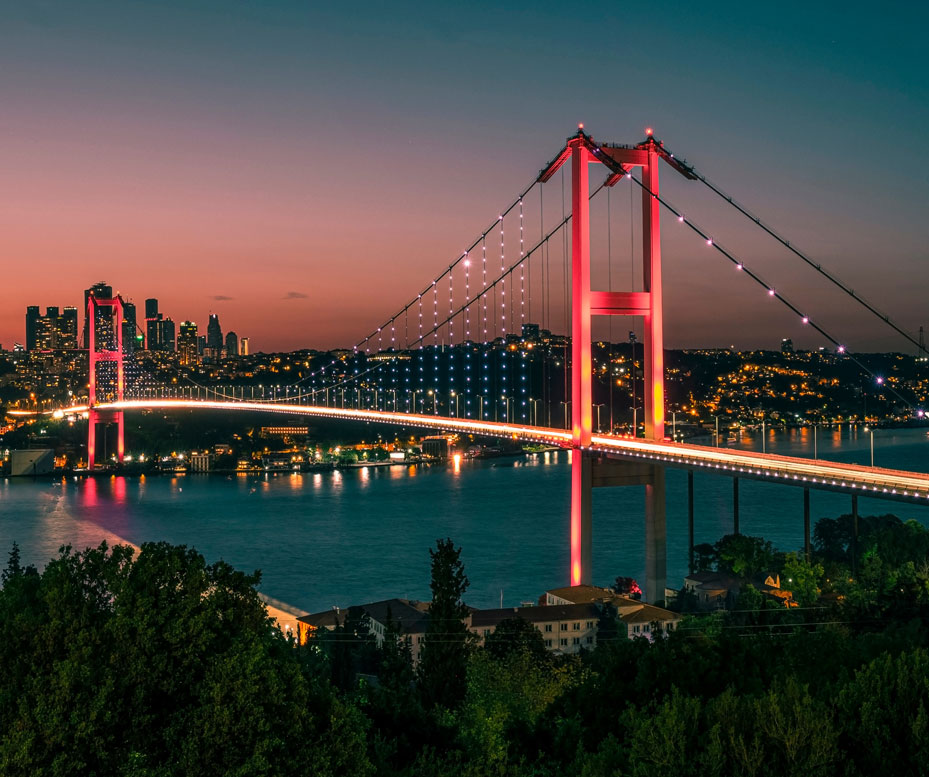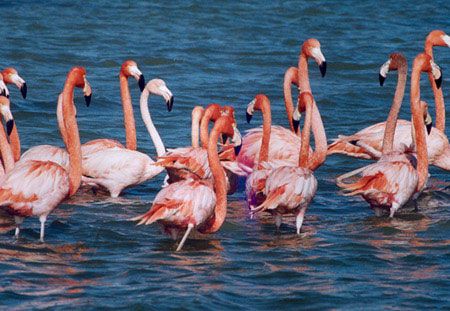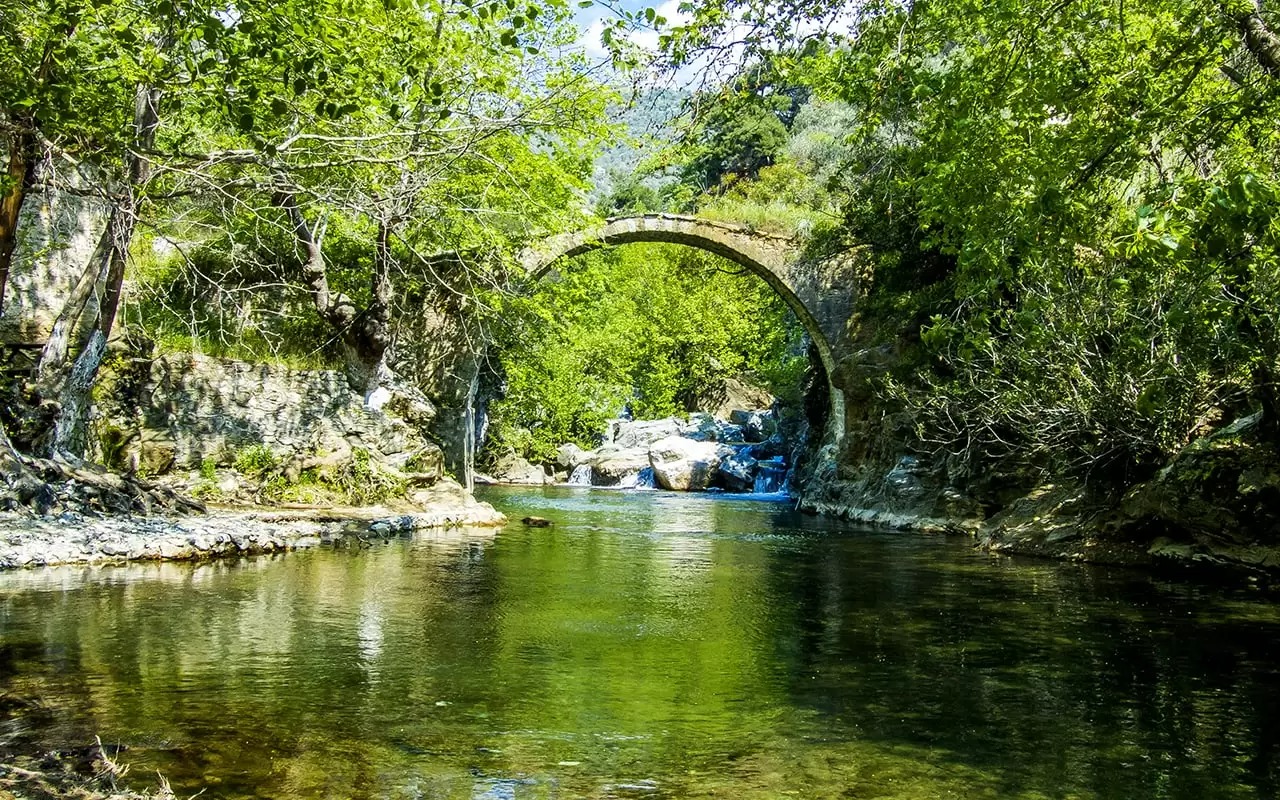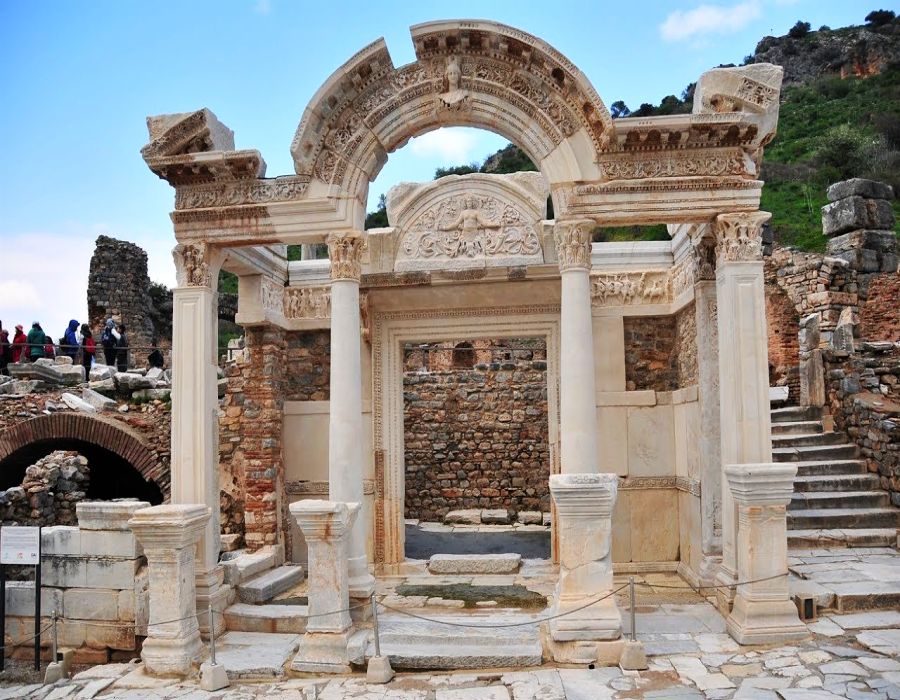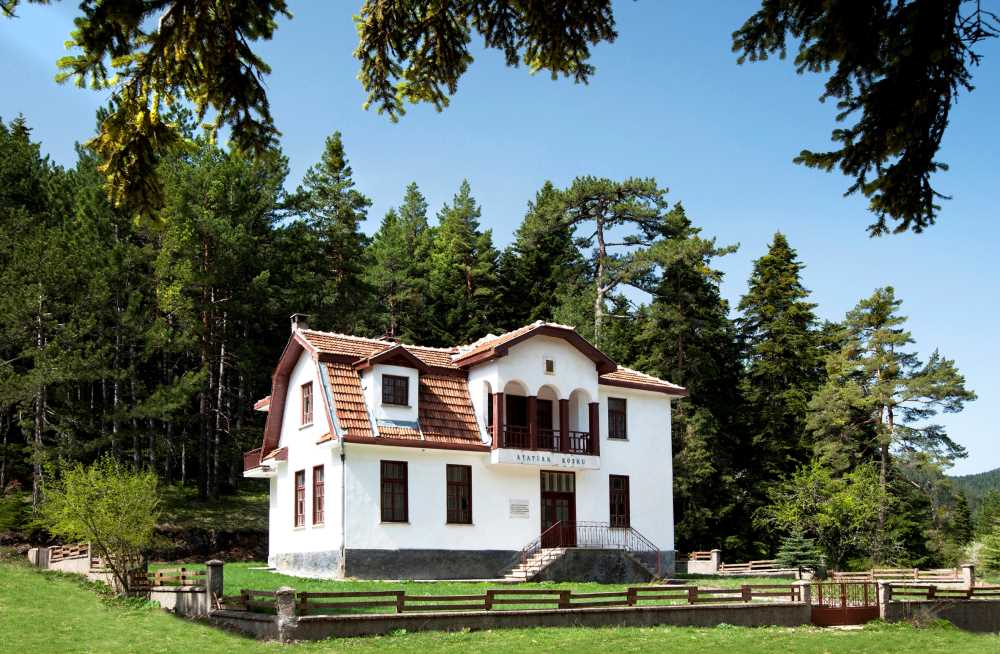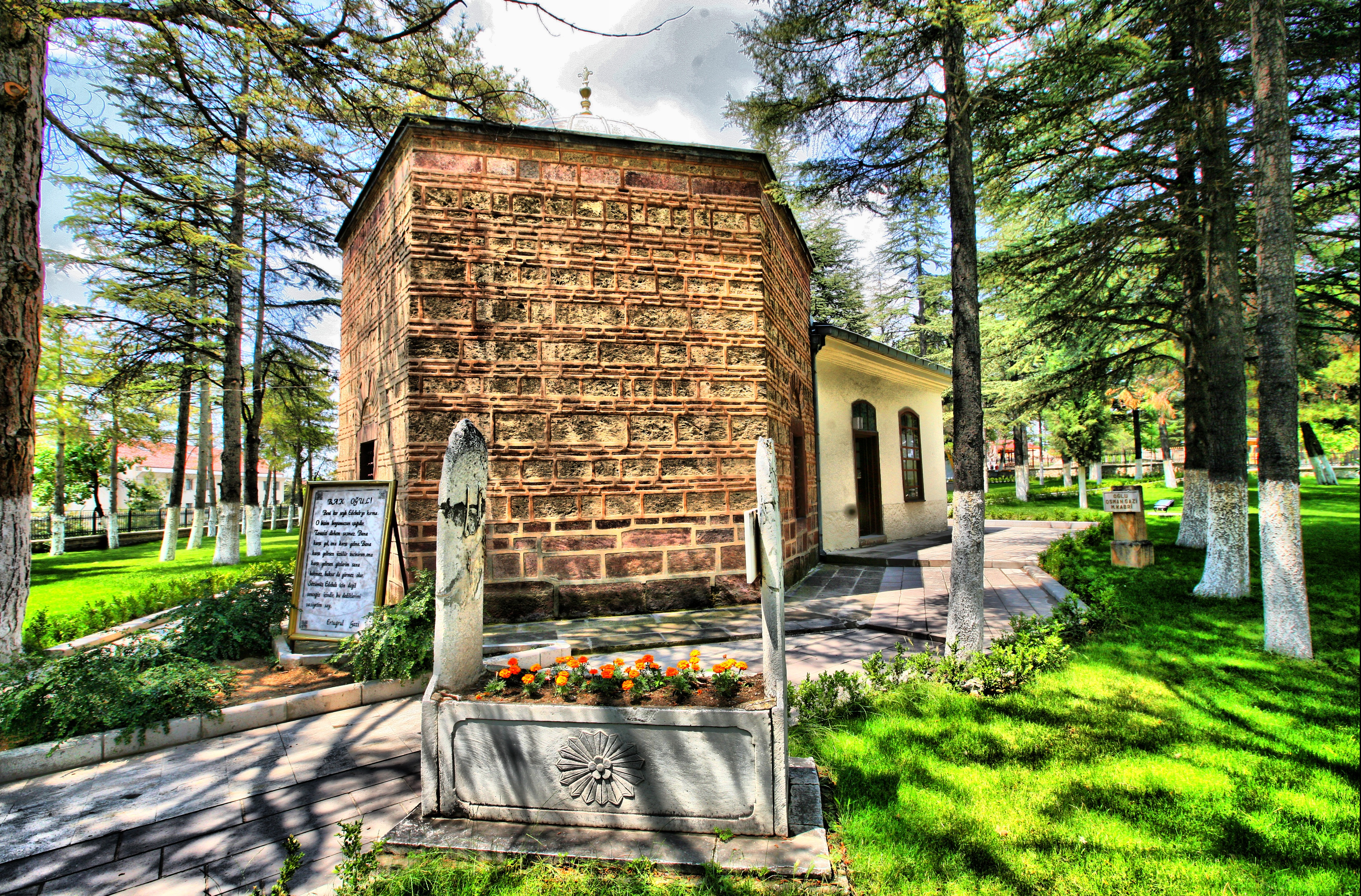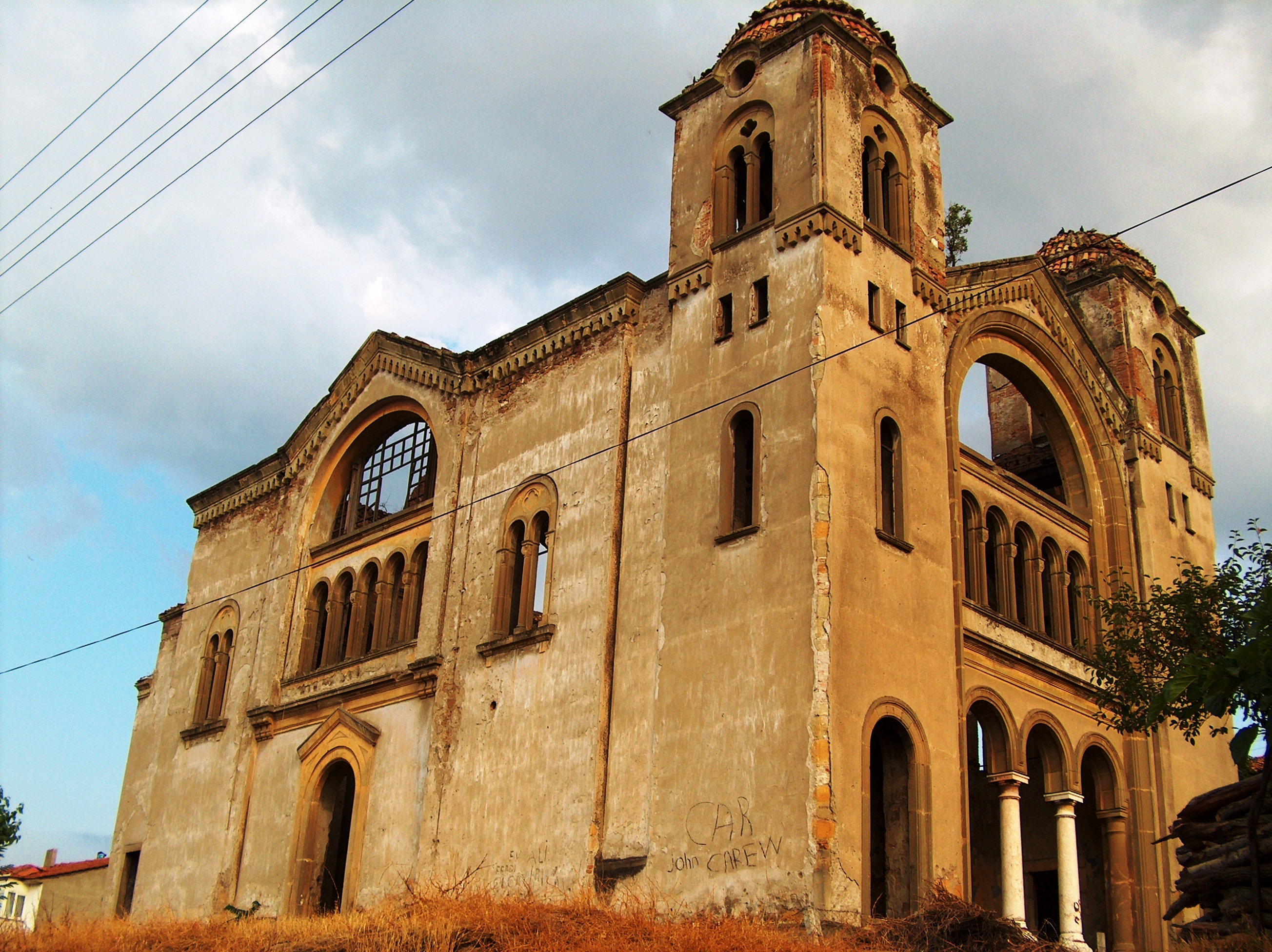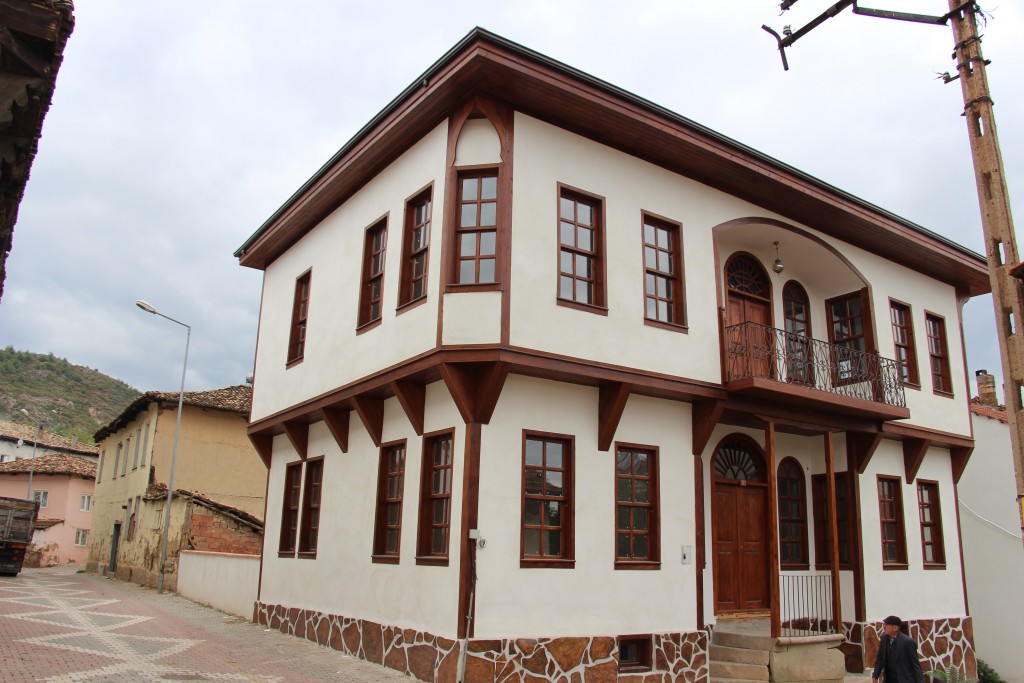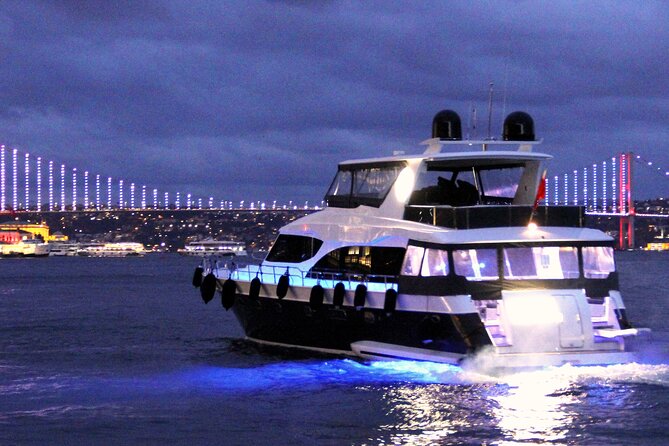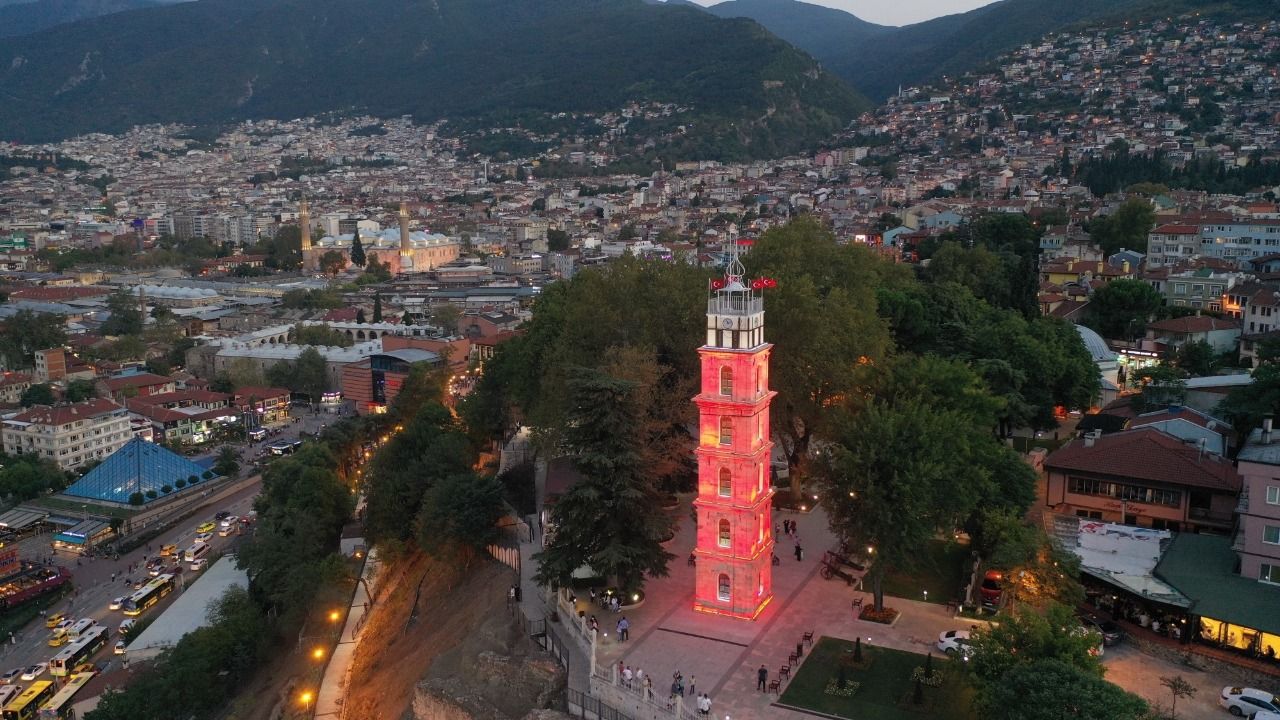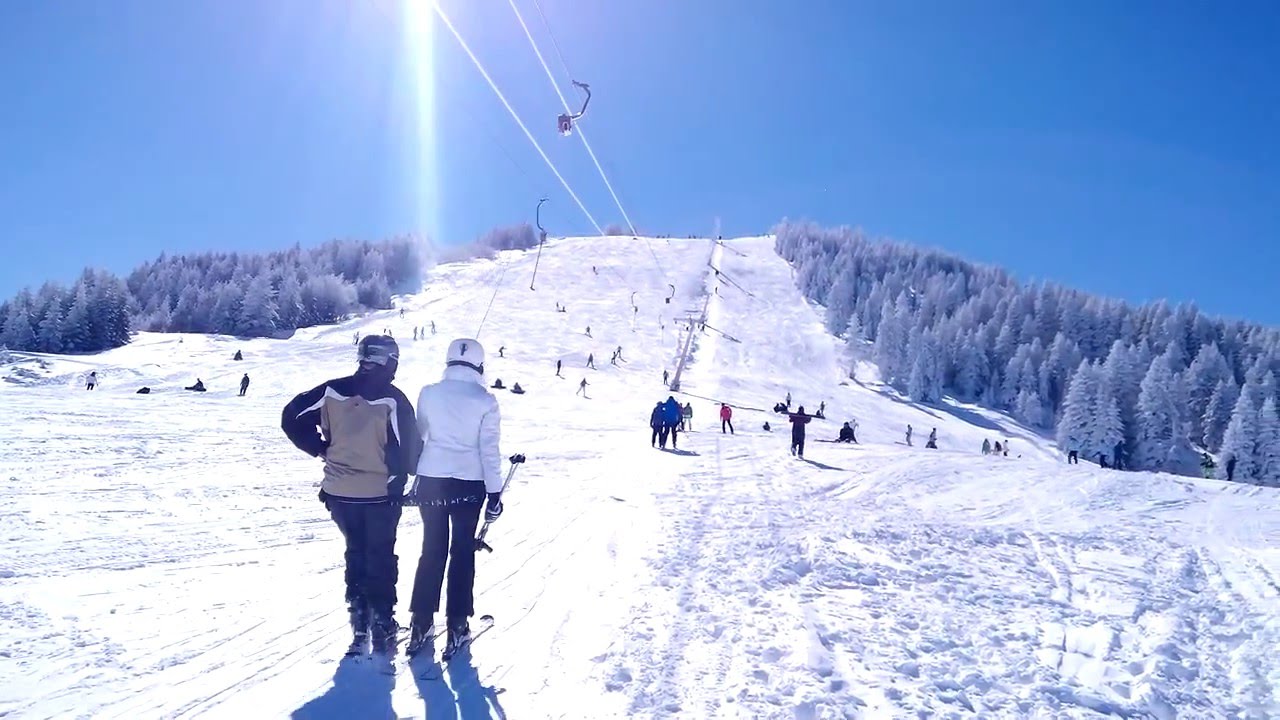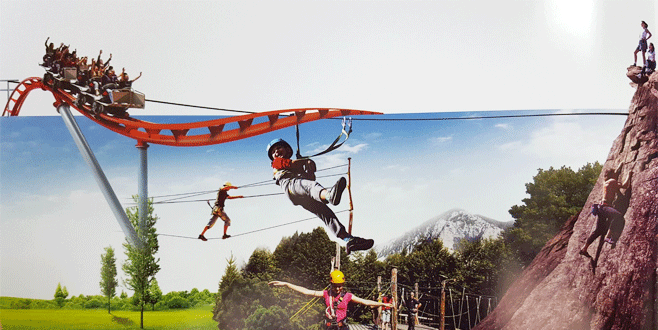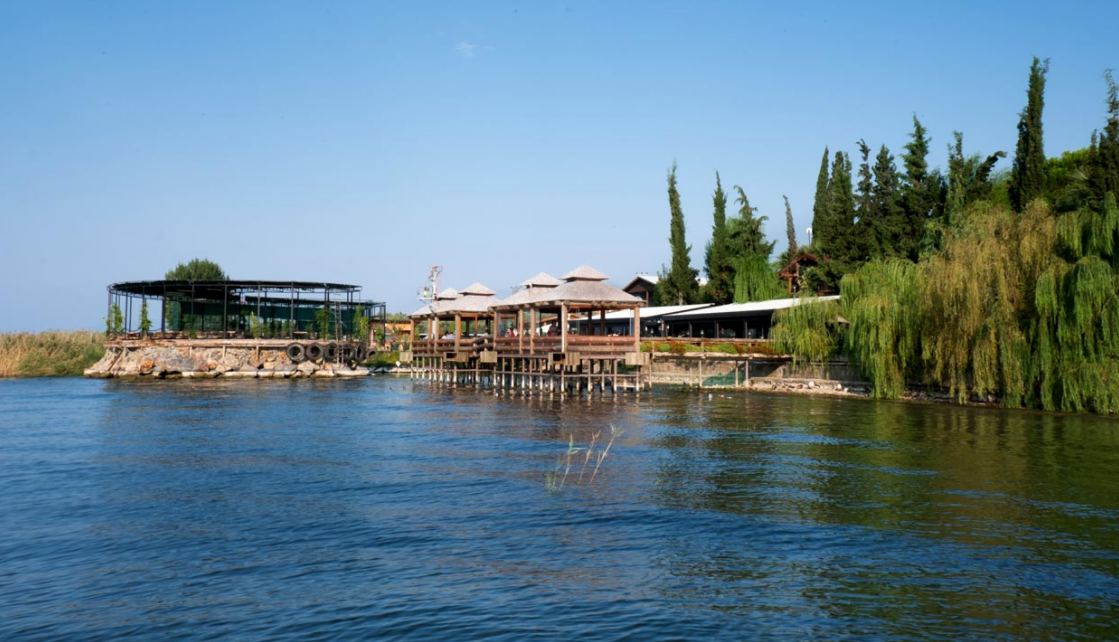Büyük Kemikli Promontory and İnscription
Büyük Kemikli Promontory
Located approximately 27 km from Eceabat, Büyük Kemikli Promontory is also a region frequently preferred by diving enthusiasts and underwater enthusiasts. In order to scuba dive in the area where Majestik and Landi shipwrecks are located, permission must be obtained from the District Governorship and Fisheries Directorate. The most suitable holiday time for the region, where many visitors come from Istanbul on weekends, is the period between May and October.
Lagoon Lake, located on the Promontory of Büyük Kemikli, is famous for its fish farm as well as the natural beauties it offers. The coastline, where you can experience silence and calmness together with its clean air and warm wind, is a place you should stop by when you go to Çanakkale. It is recommended that you stop by Tuzla Cove, whose beach is entirely sandy, on the way to Büyük Kemikli Promontory.
As a result of the excavations and researches carried out in the region, which has a rich and deep-rooted history, traces of Alopekonnesos, one of the ancient cities, were found in this region.
In the region, which is one of the fronts where the Dardanelles War was difficult; You can see the Büyük Kemikli Promontory Inscription designed by the architect Ahmet Gülgönen. This inscription is also very important in terms of history; The story describes the withdrawal of the last remaining British troops from the region on 20 December 1915.
Büyük Kemikli İnsciption
The coasts of Suvla Bay Cove north, and end with the Büyük Kemikli Promontory, a mountainous, narrow headland. The British named this promorty SuvlaPoint-Suvla Tip. The inscription is placed on a small hill overlooking Suvla Bay, where the last British forces were evacuated in December 1915. The inscription, designed by the architect Ahmet Gülgönen, is a stone pavement. There is the following inscription on the book:
“1915 yılının 25 Nisan sabahı Arıburnu’na 6/7 Ağustos gecesinde
Anafartalar Limanı’na çıkan düşman kuvvetleri aylar
süren muharebelerden sonra Gelibolu Yarımadası’ndaki Türk
savunmasının geçilmeyeceğini anlayarak 20 Aralık’ta bu cepheleri
boşalttı.’’

